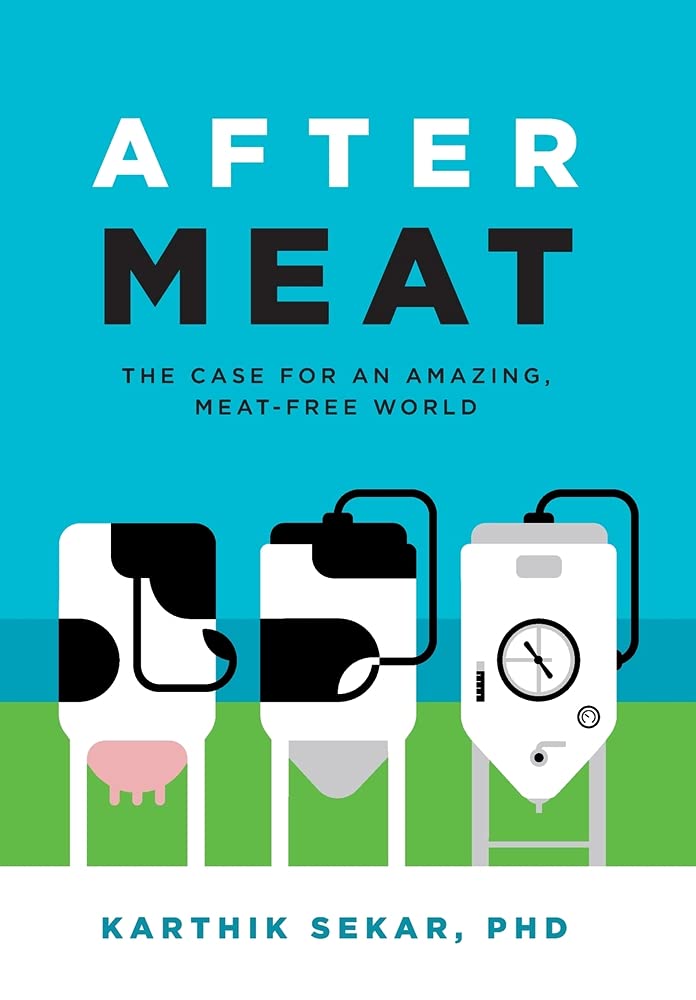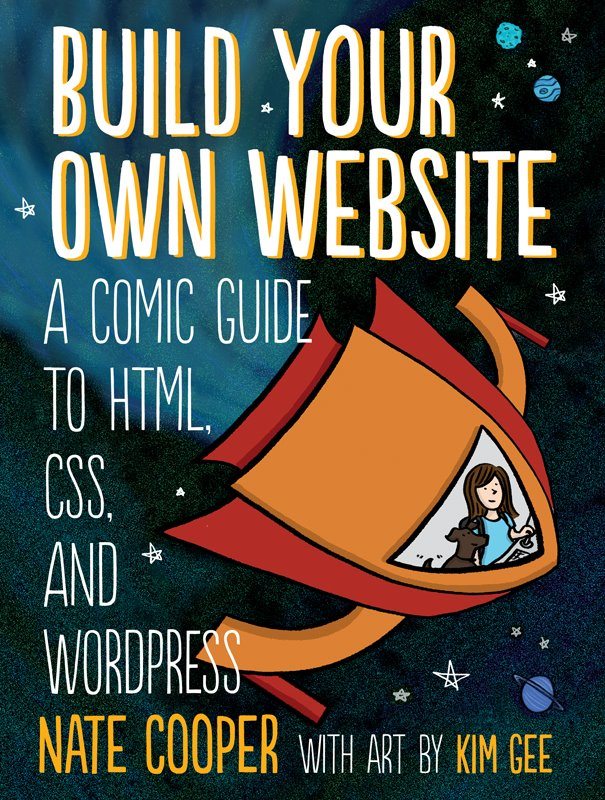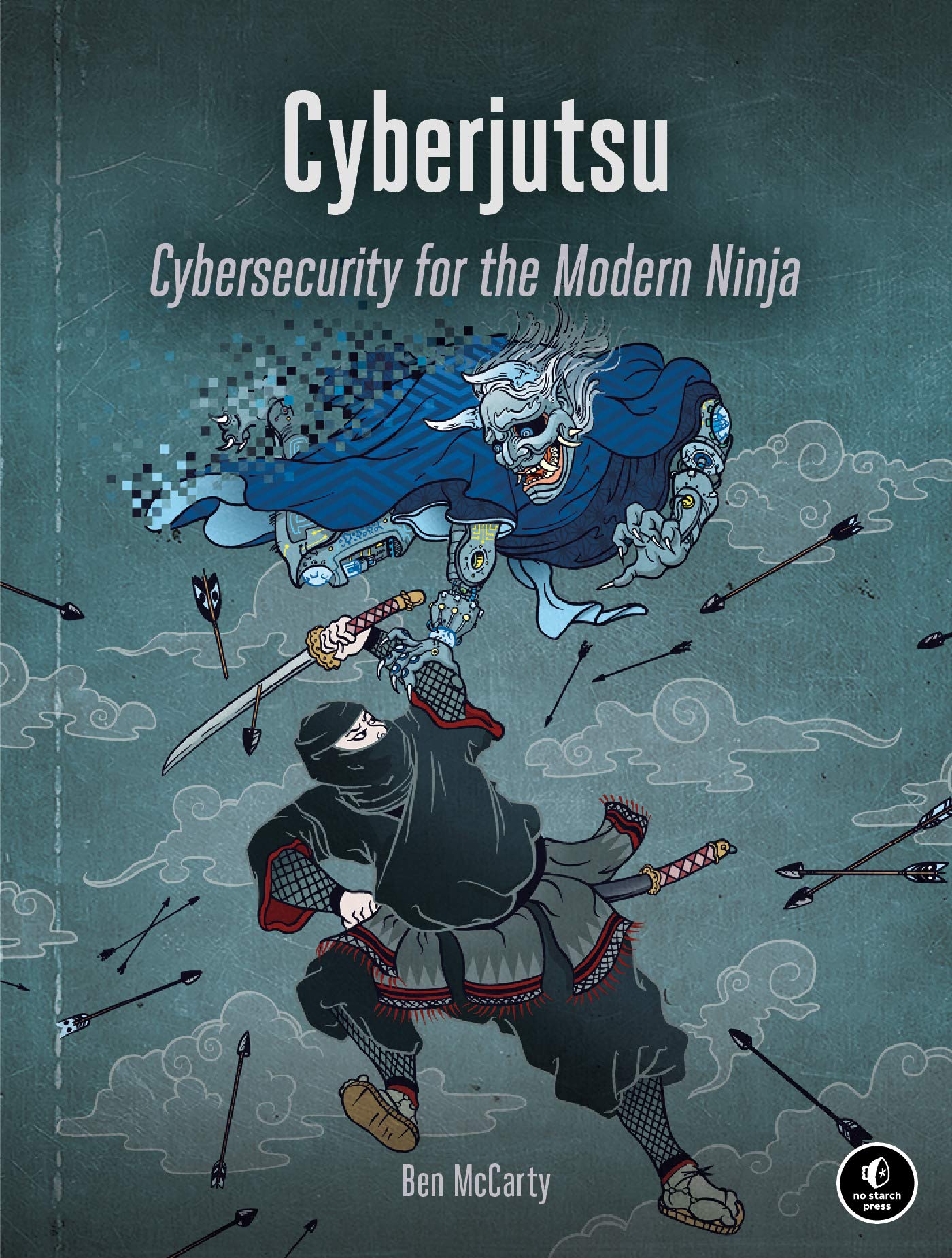After Meat: The Case for an Amazing, Meat-Free World
In After Meat: The Case for an Amazing, Meat-Free World, Karthik Sekar makes a strong case for the likelihood of humanity eschewing animal technology (i.e., the use of animals for food, clothing, medicine, or cosmetics) in the relatively near future. Rather than animal products, it will be possible to rely on food stuffs and goods sourced from plants or grown using advanced cellular technology. The key difference between Sekar’s work and the majority of vegan polemics, however, is that he assumes readers to have an understanding of the moral and environmental arguments for giving up animal products and so instead focuses on the technological reasons for such a change.
In the first part of After Meat, Sekar sets out the societal problems (i.e., starvation, disease, and poverty) that have historically plagued humanity and continue to have tragic consequences today. He highlights how global reliance on animal agriculture impacts all three of these problem areas and posits that a shift to plant-based protein would have a positive impact on issues ranging from water scarcity to climate change. He then moves on to discuss the processes of knowledge creation and technology development, explaining how advances in these directions will determine how quickly animal products can be replaced.
Next, starting with the cow as an example, Sekar explains how animals should objectively be considered a terrible technology. While animal products are a source of protein and vitamins, there is no real reason why other sources, such as yeast, can’t be used instead. Plus, these alternative sources are typically associated with better hygiene, less dubious practices, and less intensive resource utilization. He elucidates how animal technology has pretty much reached its limits in recent years, even allowing for the advancements of “Frankenscience,” meaning that other options must be explored.
The third part of After Meat focuses on how animal products could be replaced as a food source. Here, Sekar discusses nutritional needs and explains how plants can be just as bountiful a source of nutrition as animal protein, highlighting how the animal agriculture industry downplays the health-related downsides of animal products. He also suggests practices such as mindfulness that can be used to avoid the hedonistic feelings typically evoked by the consumption of animal products.
In the final part of the book, Sekar turns his attention to how a future without animal products could be catalyzed. He explains how the development of alternative food sources is necessary due to sustainability, energy security, and environmental concerns. However, leadership is required to ensure that adequate resources are directed toward this issue. There is also a lot that individuals can do to enact change, including campaigning and making alternative consumer decisions. Sekar further stresses the importance of recognizing that animals have feelings, meaning that a shift away from animal products can be considered a moral choice.
Packed with scientific and technological detail yet still eminently readable, After Meat is an entertaining and hugely informative book that is sure to appeal to those looking to expand their understanding of the inadequacies of animal products and the advantages of alternatives. Given some of the material it presents, the book might even serve to convert doubters to the benefits of veganism.
| Author | |
|---|---|
| Star Count | 4.5/5 |
| Format | eBook |
| Page Count | 422 pages |
| Publisher | Self Published |
| Publish Date | 16-Nov-2021 |
| ISBN | 9780578977362 |
| Bookshop.org | Buy this Book |
| Issue | November 2021 |
| Category | Technology |
| Share |






